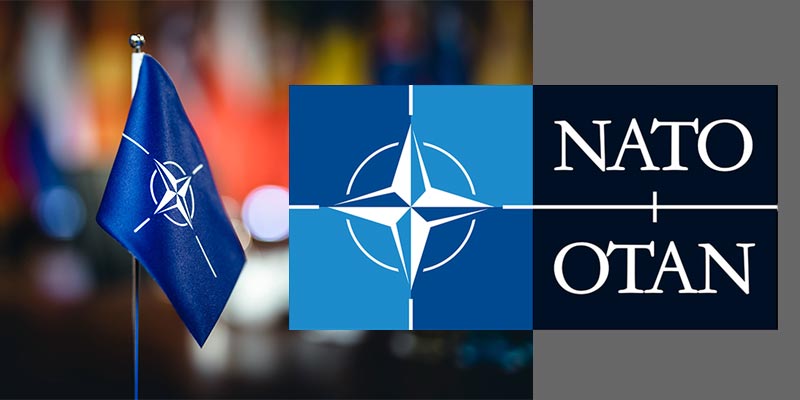- World
- Jun 21
Dutch PM Mark Rutte set to become NATO’s next chief
• Romania’s President Klaus Iohannis has withdrawn from the race to become NATO’s next secretary general, leaving outgoing Dutch Prime Minister Mark Rutte all but certain to head the world’s biggest military organisation from October.
• Rutte will take over from Jens Stoltenberg, who is stepping down this year after a decade in charge.
• Stoltenberg became NATO Secretary General in October 2014. As a former Prime Minister of Norway and UN Special Envoy, Stoltenberg has a distinguished record of domestic and international achievements spanning security, defence, climate, energy, and economics.
• NATO makes all of its decisions by consensus, giving any of the 32 member countries an effective veto, including on whether they should take part in any joint effort or operation.
• With all 32 NATO members now backing Rutte, diplomats expect the alliance’s governing North Atlantic Council to formally select him for the post in the coming days.
• He would officially start work on October 1.
• Rutte will face the challenge of sustaining allies’ support for Ukraine’s fight against Russia’s invasion, while guarding against any escalation that could draw NATO directly into a war with Moscow.
Who is Mark Rutte?
• Born in February 1967, Rutte has served as Prime Minister of the Netherlands since 2010. His political journey began in 2002 as a member of Jan Peter Balkenende’s cabinets.
• Rutte served as deputy minister at the Social Affairs and Employment Ministry from July 2002 to June 2004 in the First and Second Balkenende cabinets.
• After the 2003 elections, Rutte was also a member of the House of Representatives, from January 30 to May 27, 2003.
• Rutte later served as State Secretary for Higher Education and Science, within the Education, Culture and Science Ministry, replacing Annette Nijs, from June 2004 to June 2006, in the Second Balkenende cabinet.
• Rutte won the People’s Party for Freedom and Democracy (VVD) leadership election in 2006 and led the party to victory in the 2010 general election.
• Rutte went on to become the longest-serving Dutch Prime Minister before announcing last year that he planned to leave national politics.
• Rutte is a fierce critic of Russian President Vladimir Putin and a staunch ally of Ukraine who honed his skills as a political dealmaker during nearly 14 years as Dutch PM.
• Rutte, 57, has been one of the driving forces behind Europe’s military support for Ukraine since Russia’s 2022 invasion, and says defeat on the battlefield for Moscow is vital to secure peace in Europe.
• His view is heavily influenced by the downing of an airliner over Ukraine in 2014, which the Netherlands blames on Russia, and in which 196 of the 298 victims were Dutch.
• Rutte cemented his bid to become NATO’s new chief last year while co-leading an international coalition that will deliver F-16 fighters to Ukraine and train Ukrainian pilots.
What is NATO?
• North Atlantic Treaty Organisation (NATO) was formed in 1949 with the signing of the Washington Treaty.
• NATO is a security alliance of 32 countries from North America and Europe.
• In 1949, there were 12 founding members of the alliance: Belgium, Canada, Denmark, France, Iceland, Italy, Luxembourg, the Netherlands, Norway, Portugal, the United Kingdom and the United States.
• The other member countries are: Greece and Turkey (1952), Germany (1955), Spain (1982), the Czech Republic, Hungary and Poland (1999), Bulgaria, Estonia, Latvia, Lithuania, Romania, Slovakia and Slovenia (2004), Albania and Croatia (2009), Montenegro (2017), North Macedonia (2020), Finland (2023) and Sweden (2024).
• NATO’s fundamental goal is to safeguard the Allies’ freedom and security by political and military means.
• NATO enables members to consult and cooperate on defence and security-related issues to solve problems, build trust and, in the long run, prevent conflict.
• NATO is committed to the peaceful resolution of disputes. If diplomatic efforts fail, it has the military power to undertake crisis-management operations. These are carried out under the collective defence clause of NATO’s founding treaty — Article 5 of the Washington Treaty or under a United Nations mandate, alone or in cooperation with other countries and international organisations.
Manorama Yearbook app is now available on Google Play Store and iOS App Store


